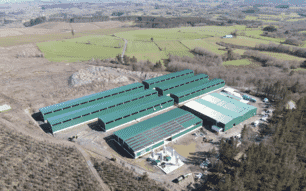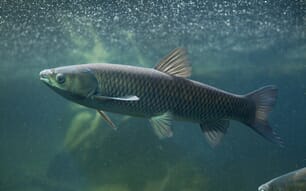Of the 362,691 salmon susceptible, 44,518 cases were reported. The National Fisheries and Aquaculture Department (SERNAPESCA) confirmed that 70 per cent of the fish in the affected cage have now been eliminated.
In response to the outbreak, SERNPESCA has established zoning of 5 nautical miles around the affected farm. Farms within the zone will now be tested for ISA every 15 days.
The department has also implemented strict biosecurity measures that prevent the movement of fish.
In other disease news, three salt water oyster farms in North Norfolk, UK, have reported outbreaks of Mikrocytos mimicus. The oysters affected were mainly adult, market-sized oysters.
New research suggests that legumes may not be suitable for fish feeds due to their content of anti-nutritional substances, which can have a negative effect on the growth and health of salmon.
Elvis Chikwati's doctoral research at the Norwegian School of Veterinary Science found that the saponin from soya, when fed alone or with peas, resulted in the inflammation of the intestines.
When saponins were given to the fish together with broad beans, sunflower meal, rape and maize gluten meal, they did not cause inflammation, but tended to reduce the fish's use of nutrients in the feed.
The European Parliament voted today in favour of a number of measures to protect the deep waters of the North-East Atlantic, but failed to agree to eliminate deep-sea bottom trawling and bottom gillnetting.
“The European Parliament came close but ultimately could not find the resolve to phase out deep-sea bottom trawling, one of the most destructive fishing practices. None the less, a number of the measures agreed to by the Parliament today would, if effectively implemented, help limit the damage to deep-sea ecosystems,” said Matthew Gianni, policy advisor to the Deep Sea Conservation Coalition and The Pew Charitable Trusts.




